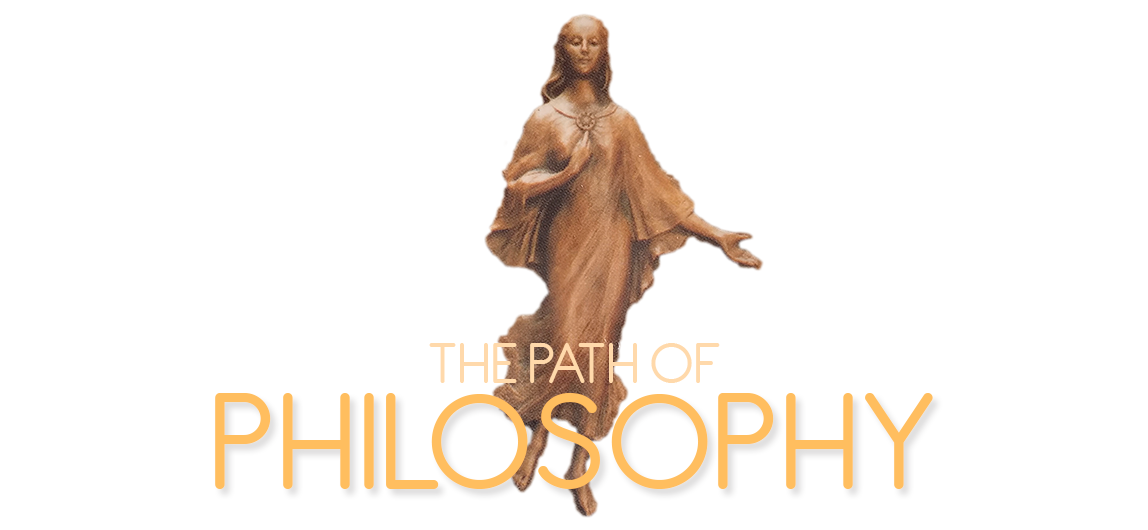Raphael (Ashram Vidya Order). 2002. The Aurea Vidya Foundation Inc. New York, N.Y. (172 pages). www.vidya-ashramvidyaorder.org
Imagine that one of the great spiritual teachers of the past came back and engaged a contemporary, alienated Western spiritual seeker in a dialogue about the meaning of life and the true path to happiness. Would this teacher be able to understand and relate to the complexities of modern life? Would someone who felt depressed and alienated from society – someone who had dabbled in drugs and politics and modern art – be able to relate to this teacher from a distant past? Since the basic human existential issues and problems remain similar throughout history, it is likely that the dialogue would be productive and relevant. But what if – on the other hand – this wise person was a contemporary who was well-versed in today’s society and its problems and could draw from modern science, psychology and philosophy in providing explanations and instruction? We would expect that the dialogue would be more focused, more precise, and that the explanations would be more relevant to our confused and alienated seeker.
In Tat Tvam Asi the contemporary teacher is Raphael, and the alienated seeker is Antonio. The book is based on a true dialogue that took place between Raphael and one of his students over a period of years. Antonio comes to Raphael feeling depressed, addicted to drugs, questioning the meaning of life, and with suicidal fantasies. Raphael engages him in a skillful dialectic to help him understand that his unhappiness derives from fundamental misunderstandings about the meaning and purpose of human life, the nature of reality, and the nature of self. Particularly noteworthy is Raphael’s use of reasoned understanding to help Antonio answer his own questions and find a more firm – and satisfying – foundation for his life. We see Antonio gradually transformed as they discuss the meaning of life, the definition of reality, the ego’s foolishness in looking for happiness outside of itself, the nature of true knowledge, death and rebirth, illusion, etc. Antonio is not asked to simply believe or take what Raphael says on faith, but rather, he is given the opportunity to understand, ask questions, and have an explanation that integrates modern psychological and scientific understandings of reality, all presented in a way that is grounded in ancient spiritual philosophy – primarily the Advaita Vedanta of Sankara, but also Plotinus, Plato, and Parmenides.
Antonio tells Raphael his dreams, and through them we see how Antonio’s whole relation to life and to himself are transformed over the course of the dialogue. One can only wonder what would have happened if Antonio, in his search for answers to the meaning of life, had instead sought out the help of a traditional psychotherapist, who would probably have left his fundamental misunderstandings in place, looking instead to explore his past, helping him with techniques to curb his destructive urges, or even suggesting psycho-tropic medication. Instead he has the good fortune to encounter Raphael, who is a true psychologist in the original meaning of a science of “psyche” or soul. We come away admiring Antonio for his willingness to fearlessly examine his fundamental assumptions and beliefs about life, and for perceiving that there was a pathway out of his darkness. Anyone who has had similar questions and doubts will enjoy sitting in on this fascinating discussion.
Review by Micha-El (Alan Berkowitz). February, 2009

